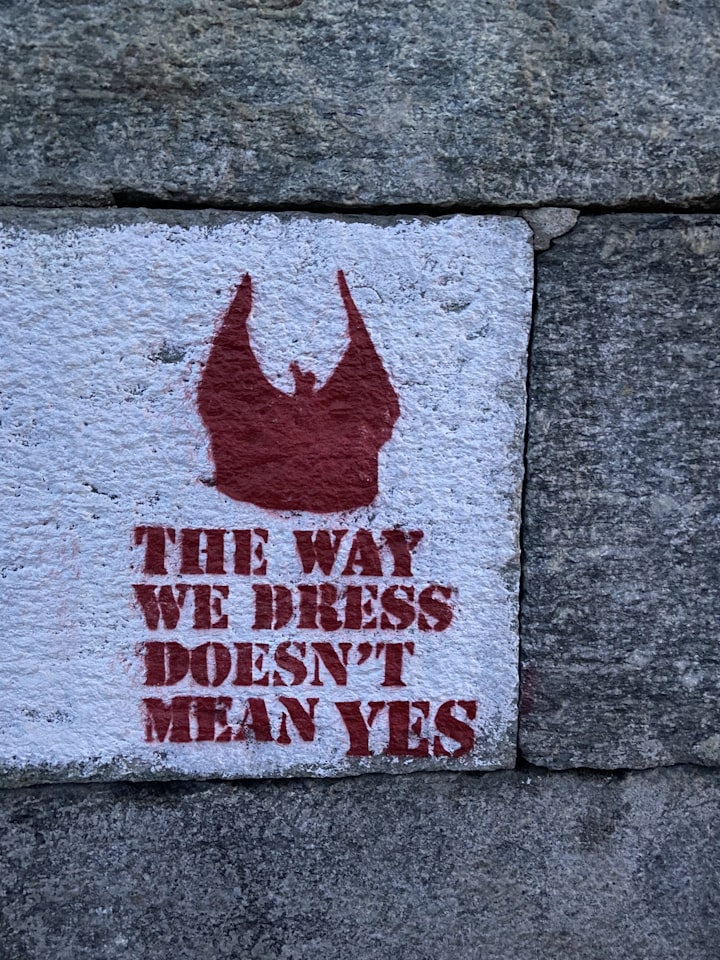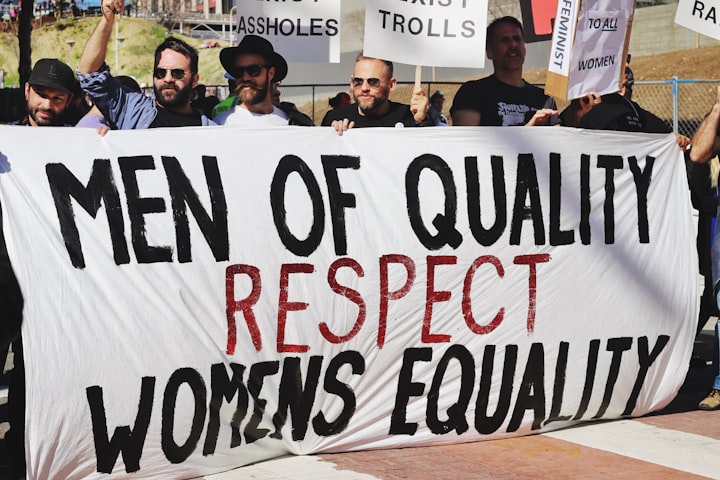Feminism
Empowering Women, Shaping Societies

Feminism, a powerful movement advocating for gender equality, has transformed societies around the world. Rooted in the belief that women should have equal rights, opportunities, and recognition, feminism has challenged patriarchal norms, shattered glass ceilings, and fostered a more inclusive and equitable world. This article delves into the multifaceted concept of feminism, its historical context, key principles, and the ongoing struggle for gender equality. From its early beginnings to its modern iterations, feminism has made significant strides in reshaping societies and empowering women to break free from societal constraints.
The Historical Context (150 words):
Feminism has a rich history dating back centuries, with roots in the fight for women's suffrage and equal rights. The first-wave feminism of the late 19th and early 20th centuries focused on securing women's right to vote, challenging restrictive gender roles, and advocating for legal and political equality. The second-wave feminism of the 1960s and 1970s expanded the movement to address issues such as reproductive rights, workplace discrimination, and gender stereotypes.

Key Principles (200 words):
At its core, feminism seeks to challenge and dismantle systems of oppression and inequality that perpetuate gender-based discrimination. It advocates for women's rights in all spheres of life, including education, employment, politics, and personal autonomy. Key principles of feminism include:
Gender Equality: Feminism seeks to achieve equality between men and women, challenging societal norms that perpetuate gender disparities.
Intersectionality: Recognizing that women's experiences are shaped by various intersecting identities, feminism strives to address the unique challenges faced by women of different races, ethnicities, classes, sexual orientations, and abilities.
Empowerment: Feminism aims to empower women by promoting self-determination, agency, and autonomy over their bodies, choices, and lives.
Breaking Stereotypes: Feminism challenges rigid gender stereotypes, advocating for the dismantling of harmful cultural expectations placed on women.
Inclusivity and Solidarity: Feminism promotes inclusivity by embracing diverse perspectives and fostering solidarity among women across different backgrounds.

Ongoing Struggles and Achievements (200 words):
While significant progress has been made, the fight for gender equality is far from over. Women continue to face challenges such as wage gaps, underrepresentation in leadership positions, gender-based violence, and limited access to healthcare and education. Feminism remains an active force in addressing these issues, advocating for policy reforms, raising awareness, and empowering women to assert their rights.
Feminism has achieved remarkable milestones, including advancements in reproductive rights, workplace policies, and legal protections against gender-based discrimination. Movements such as #MeToo and #TimesUp have brought attention to the pervasive issue of sexual harassment and assault, prompting important conversations and demanding change.

The Future of Feminism (150 words):
As we move forward, feminism continues to evolve and adapt to the changing needs and challenges of society. Intersectional feminism has gained prominence, acknowledging the interconnected nature of oppressions and emphasizing the importance of inclusivity.
Feminism's future lies in fostering collaborations, building alliances, and engaging men as allies in the pursuit of gender equality. It is about creating spaces where all individuals can thrive, free from the limitations imposed by gender norms and stereotypes.

Conclusion (100 words):
Feminism has had a profound impact on societies worldwide, challenging deeply ingrained biases and fostering a more inclusive and equitable world. By advocating for gender equality, empowerment, and dismantling systems of oppression, feminism has reshaped cultural narratives and created pathways for women to claim their rightful place in society. While the struggle for gender equality is ongoing, feminism's enduring legacy serves as a beacon of hope, inspiring future generations to continue the fight for a more just and equal world.
As we reflect on the history and principles of feminism, it is important to recognize the progress made and the work that lies ahead. Through the collective efforts of activists, advocates, and everyday individuals, significant strides have been made in challenging gender norms, amplifying women's voices, and creating opportunities for all genders to thrive.
However, there is still much work to be done. The persistence of gender-based violence, the prevalence of gender disparities in various sectors, and the continued marginalization of certain groups demand our attention and action. The future of feminism relies on our commitment to addressing these issues, dismantling systemic barriers, and fostering inclusive environments where everyone can flourish.
It is crucial to engage in ongoing conversations, challenge societal norms, and advocate for policy changes that prioritize gender equality. By supporting initiatives that promote women's leadership, representation, and economic empowerment, we can pave the way for a more inclusive and just society.
In conclusion, feminism remains a powerful force in the pursuit of equality and justice. It empowers individuals, challenges oppressive systems, and cultivates a vision of a world where gender is no longer a barrier to opportunity. Let us embrace the principles of feminism, celebrate the achievements thus far, and continue the collective effort to create a more equitable and inclusive future for all.
About the Creator
Shamily Elangovan
I am a visionary poet, weaves words into intricate tapestries of emotion and imagination.






Comments
There are no comments for this story
Be the first to respond and start the conversation.